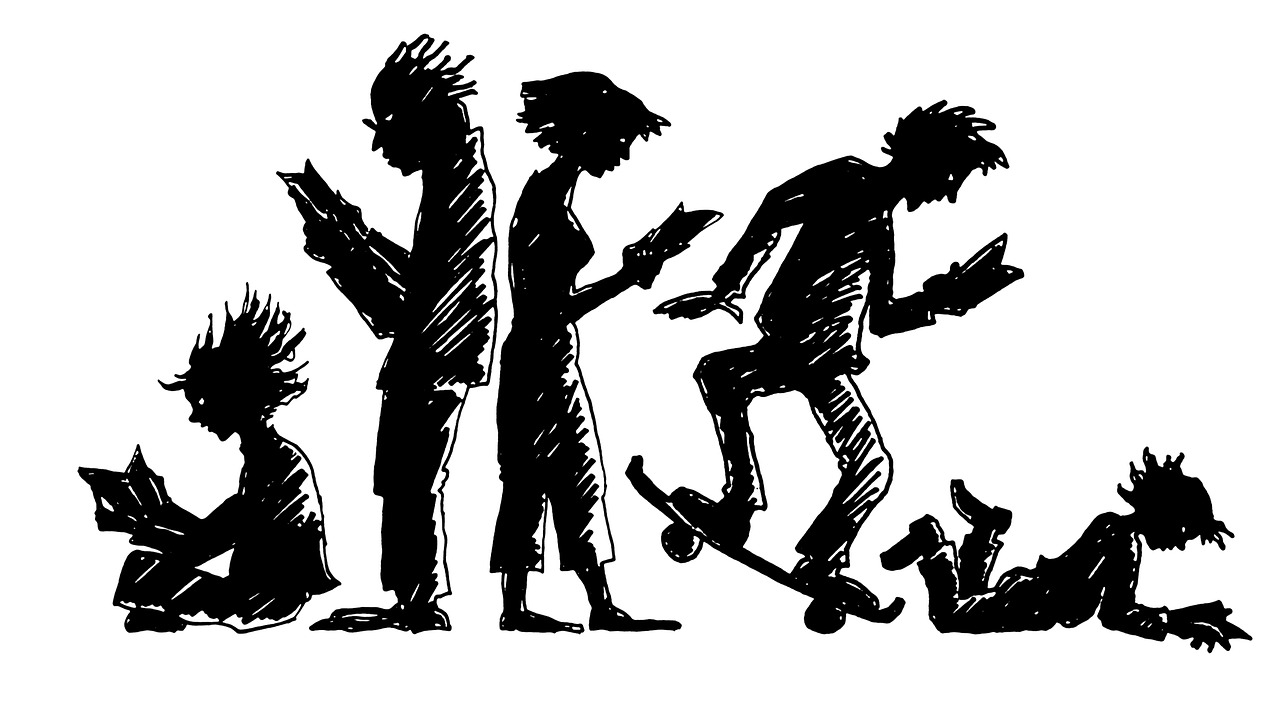
More than just printed pages, books are bridges: between the past and the future, across generations and geographies, from imagination to understanding. It is a celebration not just of stories but of the very act of reading.
At its core, World Book and Copyright Day is a universal call to recognise the scope of books as vessels of knowledge, culture and creativity. The 2025 theme, ‘Read Your Way’, underscores a simple yet profound truth: the relationship each reader builds with a book is as unique as a fingerprint.
In some places, children were encouraged to dress as their favourite literary characters, sparking excitement and laughter in classrooms across the Global North. But beneath the costumes and cheer lies a serious cause, reviving a reading culture that has, in recent times, flickered in the shadows.
World Book Day was born from a dream. In 1922, Vicente Clavel, director of the Cervantes publishing house in Barcelona, proposed a day to honour the famed author Miguel de Cervantes.
First celebrated on October 7, 1926 (Cervantes’ birthday), the date was later shifted to April 23, the day he died. This change established an enduring tribute, not only to Cervantes, author of the beloved Don Quixote, but also to literary figures like William Shakespeare and Inca Garcilaso de la Vega, who died around the same time.
This day, rich in historical meaning, has since grown into a global movement. It reminds us of books’ ability to unite people in thought, spirit and purpose.
To celebrate World Book Day is to reaffirm the joy of reading, not as a task but as a delight. Whether it’s an escape into fantasy or a quiet moment with a biography, reading can be as intimate as a whispered secret or as thrilling as a drumbeat in the dark.
And like any good habit, reading begins with small steps. Just 15 minutes a day, they say, is enough to begin a journey that lasts a lifetime. Setting realistic goals, perhaps a book a month, can transform reluctant readers into passionate bibliophiles. From there, reading styles, such as skimming, scanning and intensive reading, help refine how we engage with texts.
But more importantly, reading allows us to understand the world and ourselves. Phonics, vocabulary, fluency and comprehension form the foundation of literacy. Without these five skills, no subject in school, no task in life, can be fully understood.
In our motherland, the Competency-Based Education system champions real-world learning and mastery of skills. Reading, therefore, is not just a means to pass exams. It is the beating heart of education. It empowers learners to think critically, communicate clearly and act responsibly.
Books become more than companions — they are tools for self-discovery, instruments for civic participation and sources of lifelong learning.
Despite the known benefits, Africa, like many parts of the Global South, struggles with poor reading cultures. Locally, factors such as a lack of reading materials, under-prepared teachers, limited libraries and home environments where reading is not modelled or encouraged continue to stunt the growth of this culture.
Researchers in this area identify the absence of parental literacy, over-reliance on school textbooks and insufficient leisure reading materials contribute to the slow uptake of voluntary reading. As a result, many children grow up viewing reading as a chore rather than a choice.
There is hope, however, and it lies in community. Book clubs, whether in schools or among the general public, offer a reasonable, practical and viable solution. These clubs turn reading into a shared adventure.
They provide safe spaces for discussion, debate, and discovery. A book club is not just a meeting about a book — it is a gathering of minds, often from different generations, united by curiosity and conversation.
Within these spaces, literature becomes a mirror reflecting the society we live in and the society we hope to build. Stories told aloud take on new meanings when filtered through the experiences of others.
Even more, book clubs can foster empathy, build confidence in public speaking and broaden perspectives. They offer low-cost, high-impact ways to boost literacy and critical thinking across communities.
To sustain this momentum, our national and county governments have a role to play that cannot be gainsaid. Libraries, once vibrant public spaces in the colonial and early decades of our postcolonial era, are now sites that are seldom visited or acknowledged in our cultures of reading across the country and among the new generation of Kenyans. Many rural areas lack even a single functioning library, leaving students without access to books outside of school.
It is time counties invested in building and refurbishing county and subcounty libraries. These should stock books not only in English and Kiswahili but also in local languages. Promoting literacy in mother tongues alongside national and foreign languages creates a stronger sense of identity and inclusion.
Moreover, libraries should not just be warehouses of books but centres of learning and interaction. Equipped with Internet access, reading corners especially for children and the youth as well as spaces for book clubs, these institutions can be engines of intellectual and cultural engagement.
A nation that reads is a nation that thinks. And a nation that thinks is one that grows. Reading cultures do not grow by accident; they are planted, watered and nurtured. They are born in homes where parents read aloud. They are sharpened in schools where reading is celebrated. They are expanded in clubs where books are discussed. And they are protected by governments that value education.
This World Book Day,
let us do more than wear costumes or read for an hour. Let us commit to
building a nation where books are as common as mobile phones and as valued as
currency. Let us read not just for exams but for pleasure, for power and for
peace. Yes, we can, read our way.




![[PHOTOS] Ruto at Pope Francis' burial](/_next/image?url=https%3A%2F%2Fcdn.radioafrica.digital%2Fimage%2F2025%2F04%2F844cb891-abd4-4ee5-bc2d-2a0c21fa3983.jpeg&w=3840&q=100)




